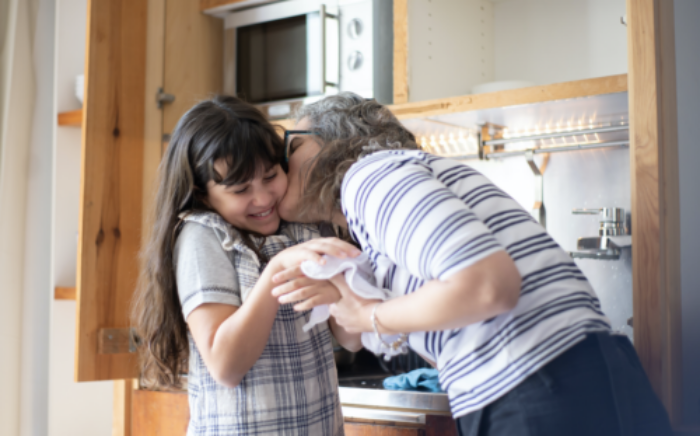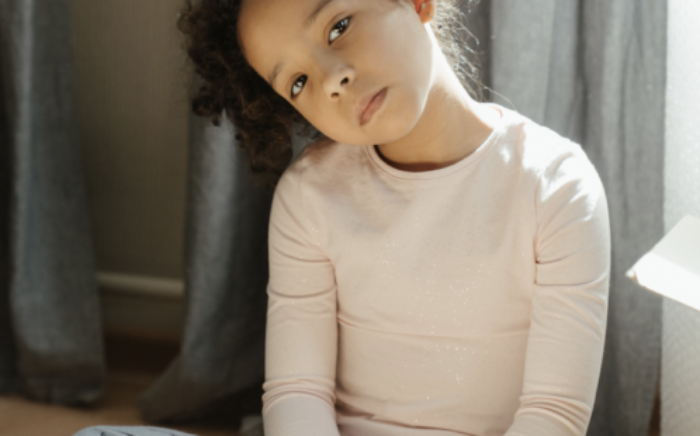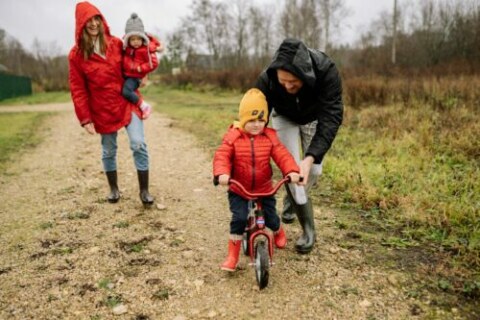The Coronavirus/COVID-19 has caused significant fear amongst adults within the past few months especially given that this is an unfamiliar experience, there is uncertainty surrounding how the outbreak of this disease will unfold, people have received mixed information about the virus and this topic has been impossible to avoid due to the constant updates in the news and discussions with family members, friends and colleagues. Not surprisingly, children have also been exposed to conversations about the Coronavirus, which has caused a great deal of anxiety for them as well. How you respond to your child’s concerns and the skills you teach them can enhance their coping ability during this stressful time. Here are six tips you can use to help your child cope with their anxiety and fear over the Coronavirus:
Validate your child- Validation is extremely important because children get comfort from knowing that their caregivers understand and accept how they feel, and validation encourages children to talk about their emotions. It is natural for parents to want to help their children stay calm by reassuring them that there is nothing to worry about. However, this technique may inadvertently shut down an opportunity to discuss difficult feelings and could lead a child to avoid bringing up a conversation about their fears. In turn, telling a child that they shouldn’t be worried could have the opposite effect and cause them to worry more. A response that communicates to a child that their caregiver understands and accepts how they feel could be, “Thanks for telling me how you feel. It’s normal to be worried (or scared, confused, frustrated etc.) when you hear that a virus has been making people sick.”
Dispel rumors about the Coronavirus – Information about the Coronavirus comes from myriad sources, which makes it difficult to identify the truth about the virus. What children hear about the Coronavirus from their peers may be untrue or unrealistic; these rumors or misinformation can drastically increase a child’s anxiety. Therefore, one way to help your child manage their anxiety is to give them accurate information about the Coronavirus. For example, if your child thinks everyone who gets the Coronavirus becomes severely ill or dies, you can explain that only some people get serious symptoms and most people recover relatively quickly. You can stay informed with up-to-date information from reliable sources including the following websites:
https://www.cdc.gov/coronavirus/2019-ncov/index.html
https://www.nih.gov/health-information/coronavirus
https://www.who.int/emergencies/diseases/novel-coronavirus-2019
Encourage your child to think helpful and realistic thoughts- Thoughts such as, “We’re doomed,” will inevitably increase your child’s fear. Giving your children examples of helpful and realistic thoughts can help them feel calmer. Here are some helpful thoughts you can share with your child that are developmentally appropriate and that you can verify from reliable sources:
“Experts are learning about the virus to find new ways to keep people safe”
“Doctors know ways to treat Coronavirus symptoms”
“There are lots of ways to protect ourselves from getting sick”
“This virus is not affecting many children and most children who get the Coronavirus don’t get very sick.”
Show your child how to stay safe- Your child may feel less worried if you and your family use techniques to help prevent yourselves from getting sick. Fortunately, there are several methods you can use to decrease the likelihood that you will get sick; you can read up on these safety tips and teach them to your child. Incorporating safety techniques, such as good hand hygiene, into your routine also increases structure and predictability, which is another great way to help a child feel safe. You can make hand hygiene more fun by singing a song while you wash your hands for 20 seconds or allowing your child to pick the scent of the soap or hand sanitizer they use. Keep in mind that safety tips you use help prevent other types of infections, not just the Coronavirus.
Do something enjoyable together- Another way to help your child manage their anxiety is by engaging them in a fun activity. Make sure to spend quality time together during this time of heightened stress. Baking cookies, watching a movie or a show, listening to music, playing with a pet, doing an arts and crafts activity, playing a video game together, exercising or playing your child’s favorite game are examples of ways to distract/take a break from their worry or anxiety. You can also help your child manage difficult emotions by asking them to describe what they are experiencing in the moment (what they see, hear, taste, smell or touch).
Manage your own anxiety- Children learn how to cope from the adults around them and they also get cues from adults’ responses that help them know how they should respond to a new situation. If you start to panic, your child will likely read your body language, facial expression and tone of voice and will become more fearful. Try to engage in your favorite self-care techniques or use the previously listed tips to manage your emotions. Taking care of yourself prevents you from becoming overwhelmed and models emotion regulation for your child!









